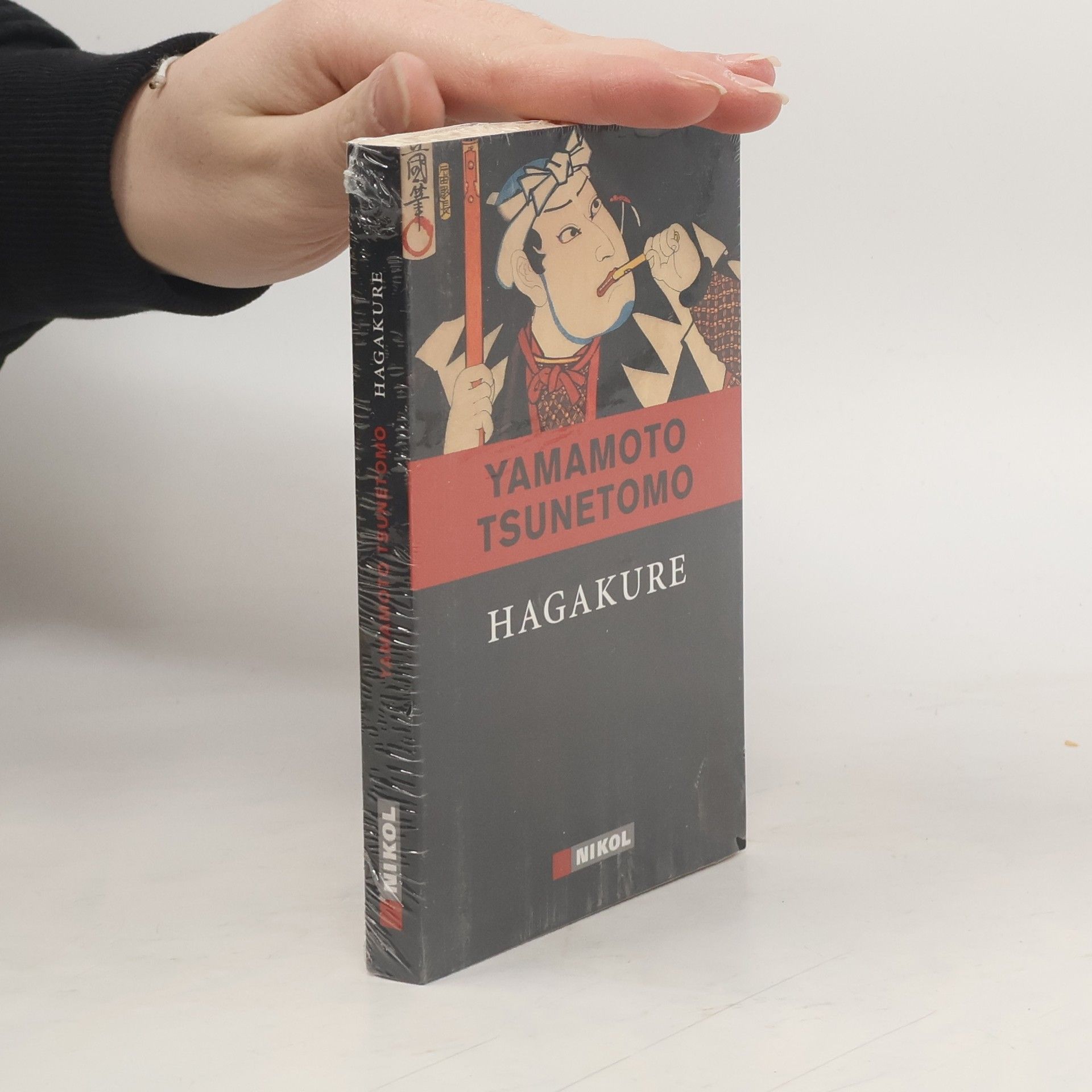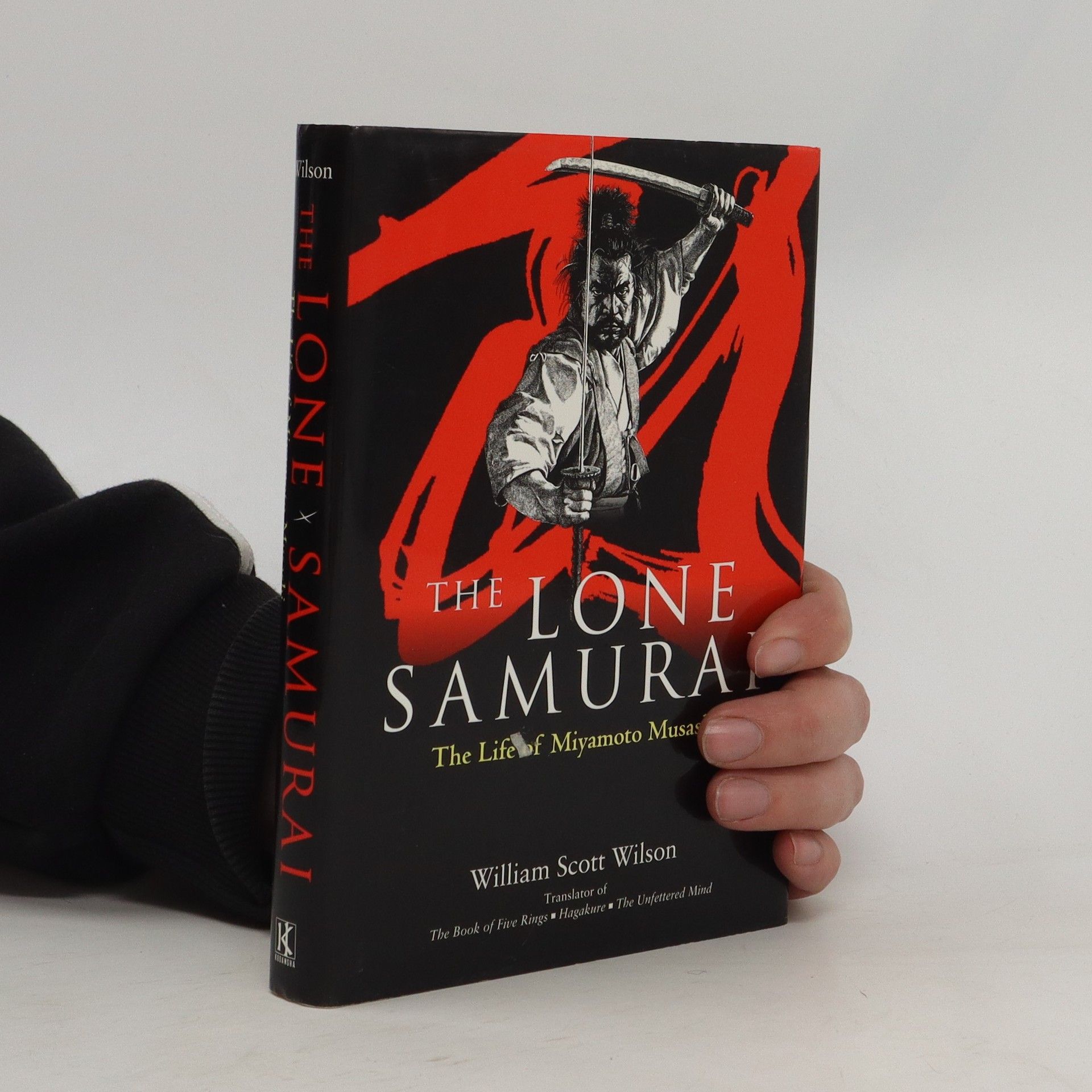Entstanden zu Beginn des 18. Jahrhunderts, erfreut sich das Hagakure des Yamamoto Tsunetomo auch heute noch großer Beliebtheit. Das Hagakure ist kein Ehrenkodex, sondern eine Sammlung an Lebensweisheiten und Aufzeichnungen. Wir finden Verhaltenshinweise für Krieger, Hinrichtungen und Schlachten genauso wie Heilanweisungen oder Anleitungen zur Kindererziehung.
William Scott Wilson Reihenfolge der Bücher (Chronologisch)


The Lone Samurai
- 288 Seiten
- 11 Lesestunden
An expert on samurai history paints a vivid, multi-faceted portrait of feudal Japan and Miyamoto Musashi—the legendary swordsman who wrote the classic martial arts treatise, The Book of Five Rings Born in 1584, Miyamoto Musashi was the legendary samurai known throughout the world as a master swordsman, spiritual seeker, and author of the classic book on strategy, The Book of Five Rings . Over 350 years after his death, Musashi and his legacy still fascinate readers worldwide, inspiring artists, authors, and filmmakers. In The Lone Samurai, respected translator and expert on samurai culture William Scott Wilson presents both a vivid account of a fascinating period in feudal Japan and a portrait of the courageous, iconoclastic samurai who wrestled with philosophical and spiritual ideas that are as relevant today as they were in his time. For Musashi, the way of the martial arts was about mastery of the mind rather than simply technical prowess—and it is this path to mastery that is the core teaching in his Book of Five Rings .